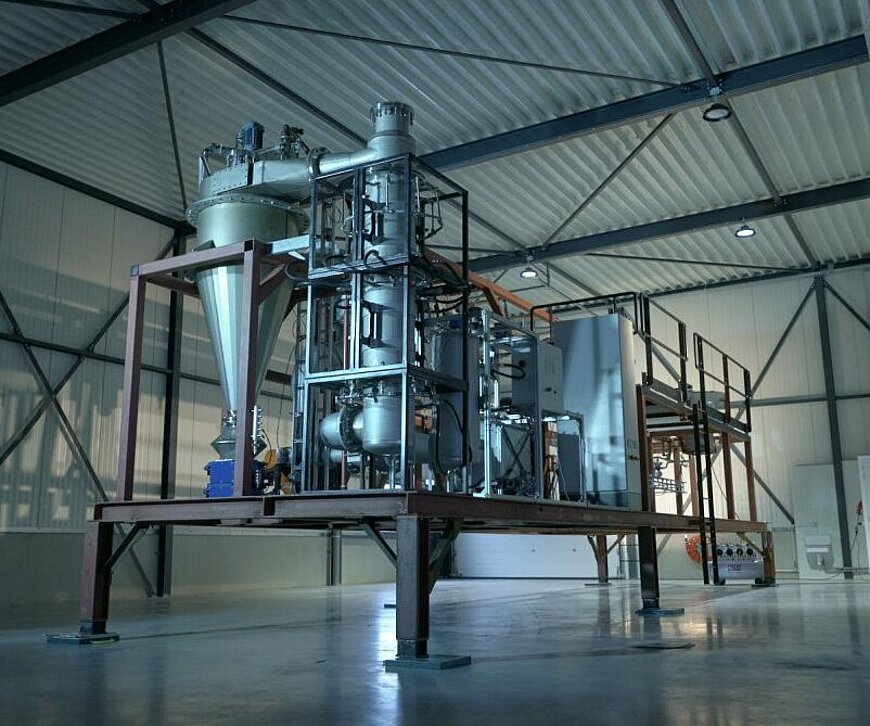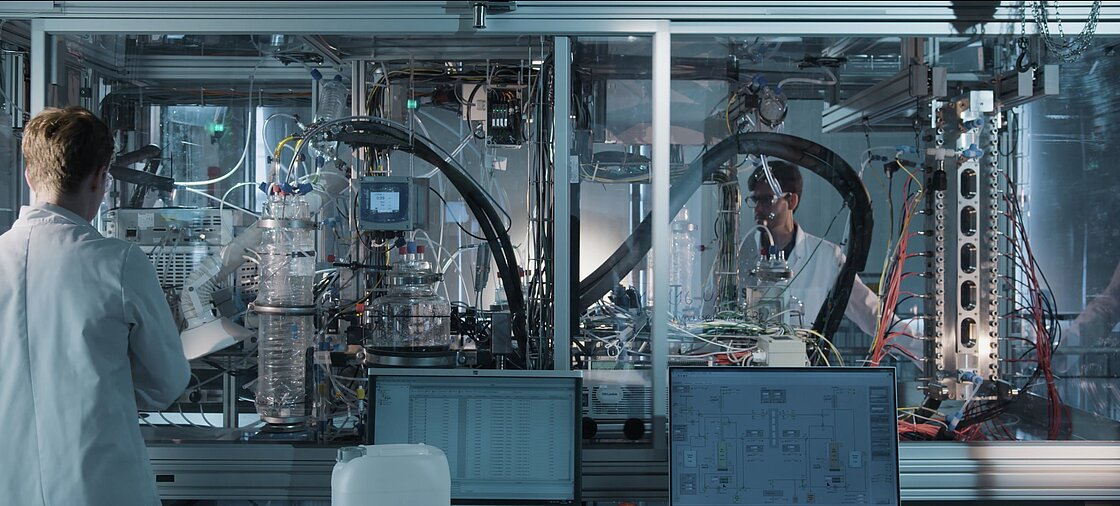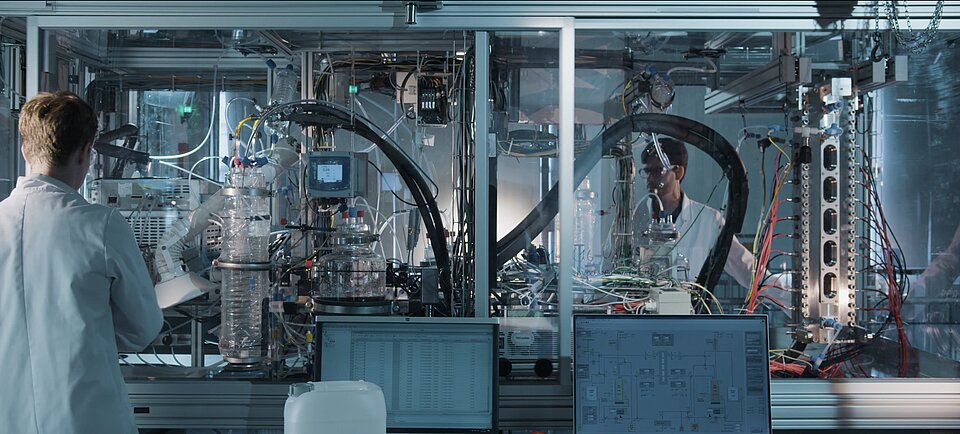10 million Euros for TU Institute that devises smart energy storage solutions

"To make sure that you always get that energy exactly where and when you need it, you need smart storage and conversion."
Eindhoven University of Technology (TU/e) is investing 10 million euros in the establishment of a new energy institute, the Eindhoven Institute for Renewable Energy Systems (EIRES). Chairman of the Board Robert-Jan Smits will officially announce this next week during the (virtual) opening of the academic year. The institute wants to focus on small scale energy storage and conversion.
The world faces an enormous and urgent task when it comes to the energy transition. According to the Eindhoven University of Technology, we can only meet this challenge by working together with the manufacturing industry to develop decentralized and smart solutions for the conversion and storage of energy. Smits: “As a university, we take our responsibility to contribute to the energy transition. We have excellent in-house researchers in the field of energy storage and conversion, among other things. In addition, the Brainport Eindhoven region has a fantastic high-tech and manufacturing industry that can help with the energy transition. We are joining all those forces in this new institute.”
Key projects
An example of such an initiative is the Dutch Electrolysis consortium, one of the four key projects EIRES is developing together with the industry. The consortium will make a small-scale device for the production of hydrogen from water. Due to the small size of the electrolyzer, it can be installed in any home or neighborhood, allowing decentralized storage of energy from wind or solar panels. Moreover, the new electrolyzer will be a lot cheaper than existing techniques, because it is modular and uses new manufacturing techniques. Earlier this month the TU/e and VDL Groep signed a letter of intent to further develop this technology together.
"Due to the small size of the electrolyzer, it can be installed in any home or neighborhood, allowing you to store energy from wind or solar panels in a decentralized way."
“Renewable energy is beautiful,” says Richard van de Sanden, scientific director of EIRES, “but the wind doesn’t always blow when you want it, and the sun doesn’t always shine either. What’s more, sometimes you want energy in a form other than electricity. To make sure that you always get that energy exactly where and when you need it, you need smart storage and conversion.” With these projects, EIRES tries to answer the biggest challenge of the energy transition: increasing the sustainability of the energy, transport, and chemical sectors at the same time. “It’s not only about energy but also about sustainable and high-quality raw materials for chemistry.”


Making a profit from the energy transition
EIRES does not seek the answer in large-scale solutions. “Precisely by making lots of small, smart devices that are easy to integrate into companies, neighborhoods, or homes, you can learn and scale up quickly”, says Mark Boneschanscher, managing director of the new institute. “That works much better than large capital-intensive installations. As far as we are concerned, therefore, the solution lies not so much in large dimensions, but in large numbers.”
According to Boneschanscher, the energy transition will only succeed if we look beyond the existing business models. “Energy suppliers are working on electrification and grid reinforcement, oil and gas companies want to supply hydrogen or green molecules. This all requires the large-scale production of high-tech systems, which we are currently importing from abroad. If we carry on like this, the Netherlands will miss out on the opportunity to really make a profit from the energy transition. And that would be a shame, especially now that we are in the midst of an economic crisis.”
“It is precisely by making lots of small, smart devices that are easy to integrate into companies or homes, you can quickly learn and scale up”.
Mark Boneschanscher
Over the next five years, TU/e will invest 10 million euros in the new institute, attracting four new professors and eleven new assistant professors. EIRES is the second institute to be established by TU/e in a short period of time. Last year the university already launched EAISI, the institute for research into artificial intelligence. This institute also focuses on cooperation with industry.